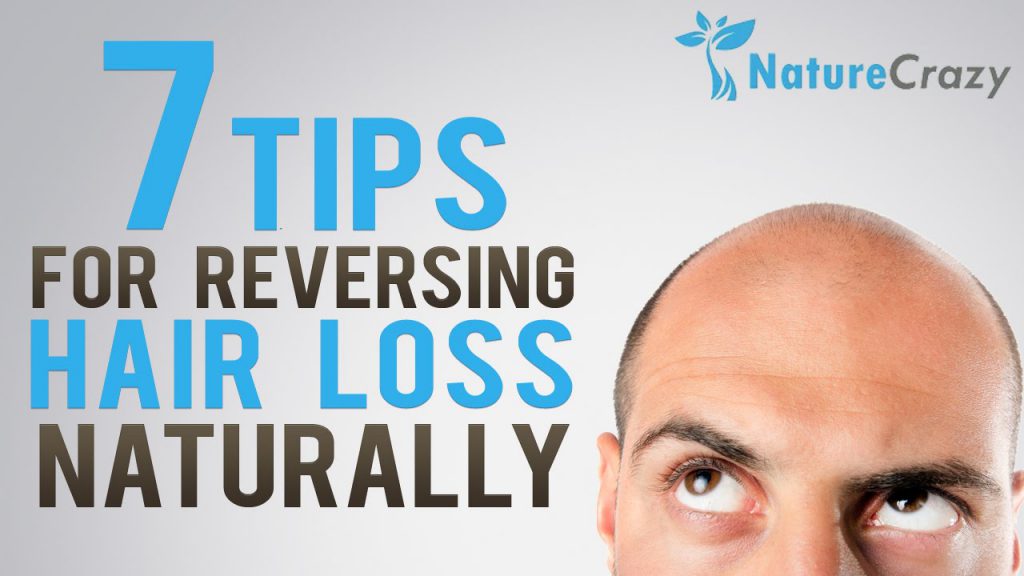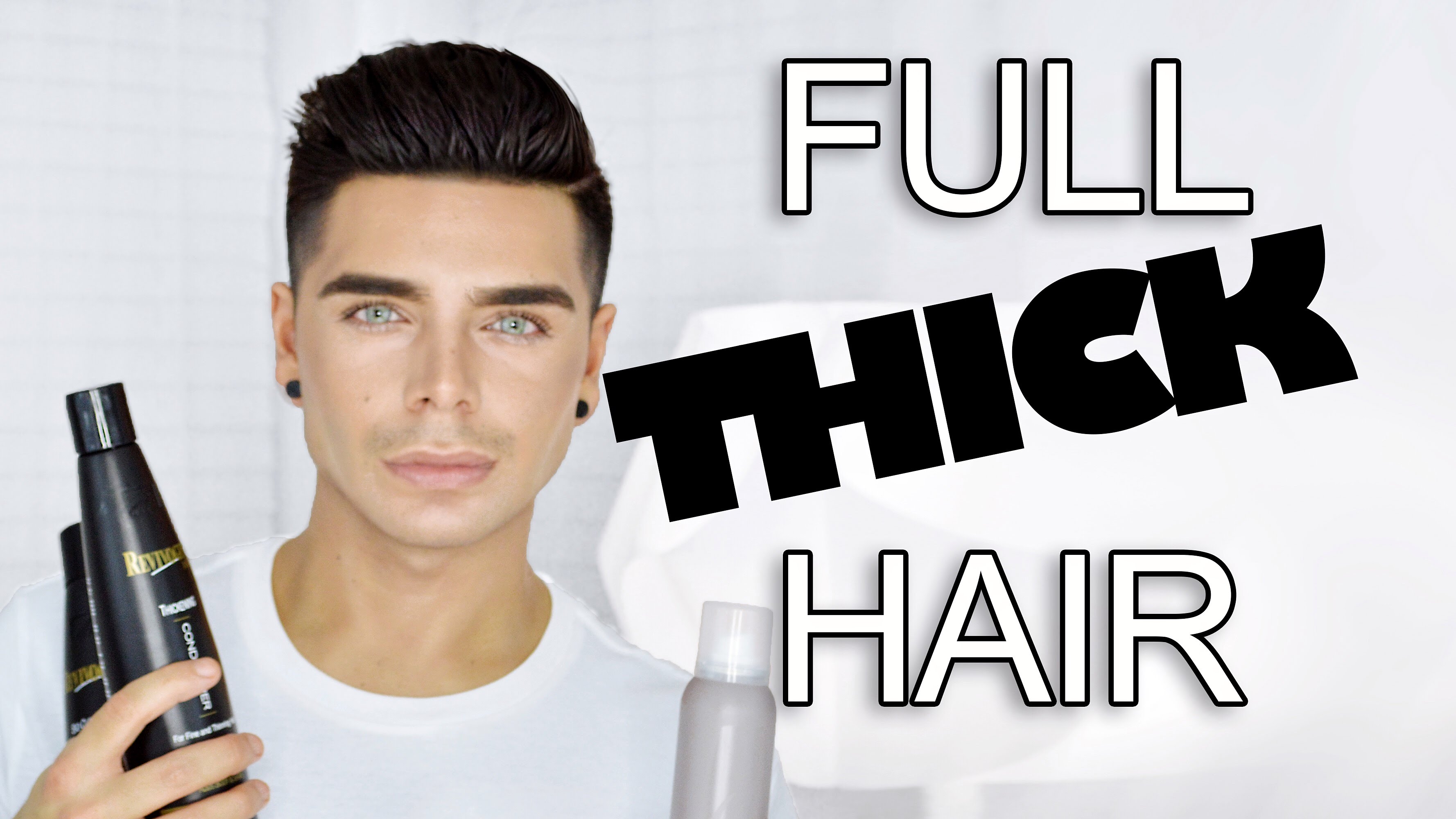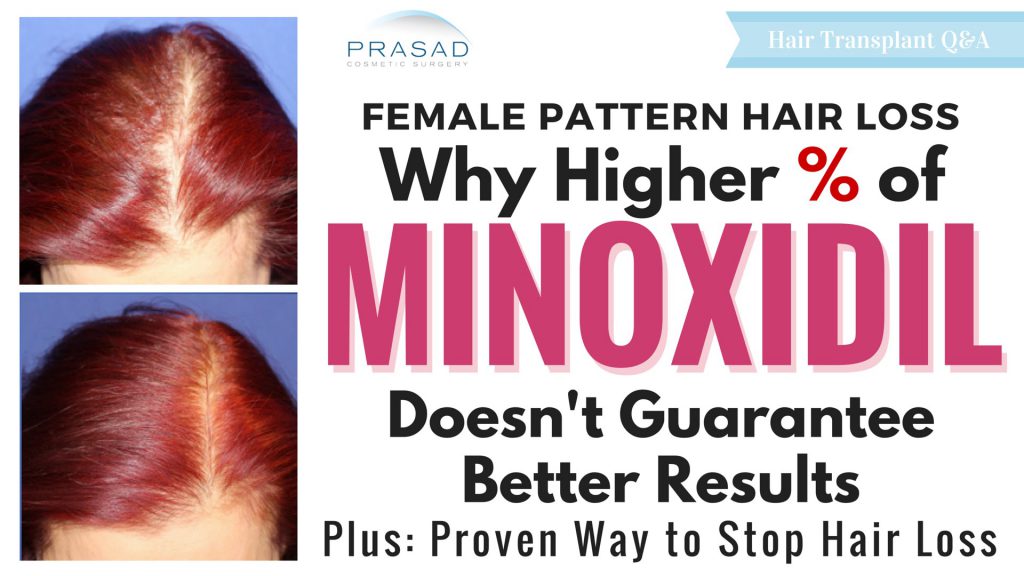Being Proactive About Hair Loss
If you are losing your hair, you may be feeling the negative mental side effects of the stigma associated with baldness. Losing your hair makes you susceptible to feelings of loss, desperation, and fading youth. The good news is that while science has not quite reached the zenith of curing baldness, you have far more options than hair loss sufferers did just twenty years ago. Before you grab the clippers and go for the Bruce Willis look, you should take a look at your options.
First Things First
Discovering hair loss can seem like a sudden shock to your system. When you confirm you are experiencing baldness you may feel a calm but hopeless feeling. This happens because we have seen this scenario unfold many times with our friends and relatives so we assume that their destiny is ours. The truth is once you get past the "why me?" phase, you can begin dealing with the issue proactively. Once you have accepted that the problem is not going away by itself, you become much more empowered to take on the issue. Relax and remember that you have options your father and his father never had.
Where To Start
Before getting into options lets define the cause so that you know what you are dealing with and what to avoid. If you are experiencing male pattern baldness, your hair is thinning due to a genetic predisposition that causes your scalp to stop producing hair. In other words, your hair fall is only a symptom of a different problem. This means that your hair loss should be looked at critically rather than superficially.
The worst action a hair loss sufferer can take is to not touch their hair in fear of losing more. If you stop touching or brushing your hair, you reduce stimulation to the scalp in turn causing faster hair fall. This may save a few hairs in the short run, but when those hairs fall out eventually, they will not be replaced because the follicle will have entered a dormant phase. While dormant follicles can be revived over time, it is much easier to prevent them from entering this phase in the first place. Also be advised that over brushing your hair can be bad for your hair so do this in healthy moderation.
Additionally, hats do not cause or contribute to hair fall. While wearing a tight ball cap frequently may restrict oxygen flow to the scalp, hats themselves do not affect or cause baldness. Wearing a tight pony tail for long periods of time may cause Traction Alopecia, a temporary form of hair fall which pulls hairs out by force.
Which Hair Loss Solution?
The solution you choose to treat your hair loss should be based on at least a few factors. There are many things to consider such as cost, safety, and effectiveness just to name a few. Not all hair loss solutions are created equally. I opted for a natural hair loss solution to avoid developing new health risks and to curb financial cost. Other hair fall sufferers may choose a more clinical option like hair transplant surgery.
My advice would be to research all of your options weighing out the pros and cons carefully before making your decision. When you've found a solution you believe in, you should give it a chance to work. Many hair loss sufferers jump from solution to solution spending lots of money and achieving little in the way of results. There is nothing wrong with switching your course of treatment based on new information, but remember any hair loss solution is going to require time to take effect.
Taking Care Of Your Hair
Examine how you take care of your hair. Doing so will help you curb any harmful habits that could be contributing to your hair loss. Do you use a cheap shampoo that is loaded with chemicals? Is your shampoo even designed for your type of hair? Are you using shampoo too frequently? Since hair loss is only the symptom of a deeper problem within your scalp, you should examine what you're putting on your scalp every day.
The scalp is a complex area with subsets of organs, which produce hair. There is a balance of oils (notably sebum) that naturally coats your hair. Too much, too little, or unevenly distributed sebum can cause more problems. Many who know about the role of sebum in hair loss feel that too much sebum or "hardened" sebum causes and / or exacerbates hair loss. In reality, if you try to wash away sebum your scalp will respond by producing more sebum.
This is just one example of hair care gone awry. In order to take the best care of your hair, you should use a shampoo designed to meet the needs of your scalp. I use a shampoo called Nioxin, which cleans the scalp without upsetting the balance of essential oils. This is not an expensive shampoo but it is designed to be used by those suffering from thinning hair. Many shampoos are designed for hair loss sufferers and add another weapon in the battle against hair loss.
There can be some confusion about these shampoos. There are generally two types of shampoos for hair loss sufferers. There are shampoos like Nioxin that work to remove residual DHT thus protecting remaining hair from fall out. There are also cheaper shampoos sometimes marketed as "thickener" shampoos. These shampoos do not remove residual DHT but only thicken remaining hair. Your hair will be just as susceptible to fall out. Your hair will only look thicker due to added volume.
No shampoo alone will regrow hair, but there are shampoos like Nioxin that protect remaining hair from fallout. I highly recommend using this type of shampoo as a measure to prevent fallout combined with other techniques and / or solutions. Doing so will protect your remaining hair while other methods and techniques will help regenerate lost hair.
Develop A Proactive Attitude
Being proactive with hair fall is the best way to keep your hair and recover hair that you have already lost. There are a number of measures you can take to address hair loss. Do not be afraid to handle your hair. Begin at home looking at what you've been doing to care for your hair. Look for a course of treatment that is right for you. You have an opportunity to treat your hair loss, so if you really want your hair back put down the clippers and take action. With good research, consistency, and a positive attitude, hair loss can be a thing of the past.
Being Proactive About Hair Loss by Samuel J Reed





